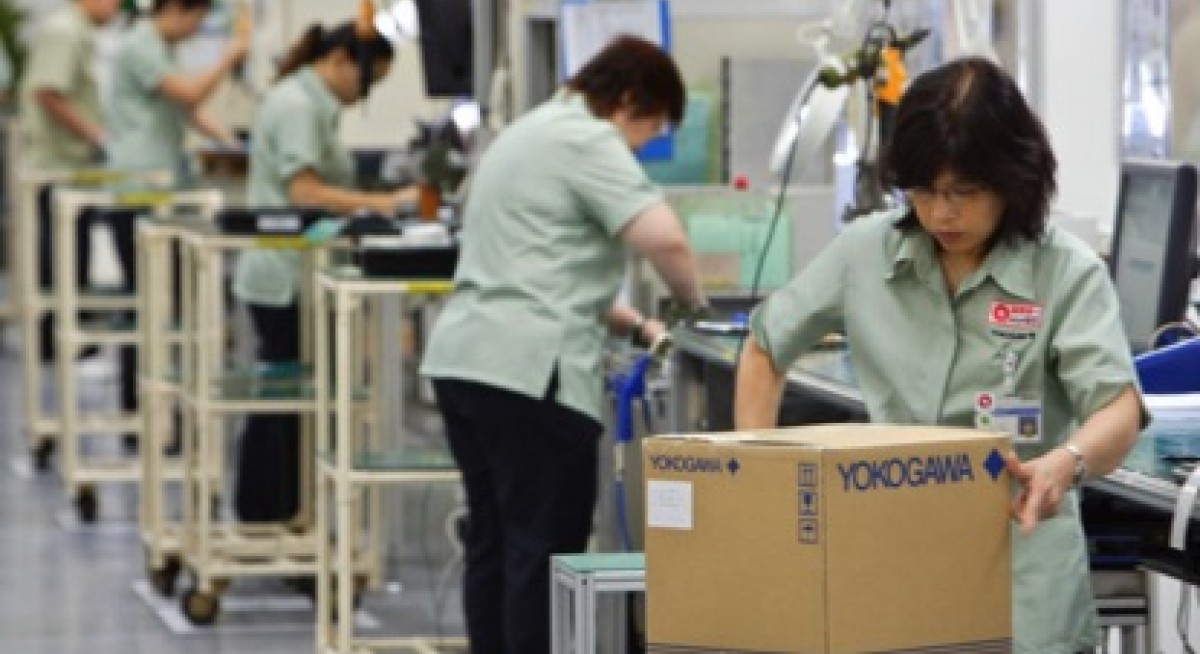The government has responded generously. There is a variety of grants, tax relief and incentives, and government-financed programmes available to SMEs.
For the upcoming Budget, some economists have advocated even more support. Proposals include giving SMEs priority when applying for government grants, and simplifying the processes. They also urge the government to shoulder more of the risk in SME loans.
Yet, it is also worth noting how much support SMEs have received over the past years, including straight-up cash handouts.
In 2003, the government introduced a scheme to exempt SMEs’ foreign-sourced income; that was expanded in 2009, during a credit crunch following the crash in the financial markets. In 2009 and 2010, SMEs were able to get cash refunds on taxes they had previously paid. There was also a multimillion-dollar programme aimed at boosting partnerships between SMEs and MNCs. In 2011, the level of tax deductions was raised and SMEs who paid little or no taxes were given cash payouts for investments in productivity.
See also: Hong Kong investor and EPF pare stake in Interra Resources, Riverstone respectively
In 2012, the government introduced the Productivity and Innovation Credit scheme, which gave companies cash payouts for up to $100,000 on related expenditures. In 2017, the government paid out more than $600 million to help firms cope with rising wages. It also continued the SME Working Capital Loan scheme, in which the government co-shares 50% of the default risk for loans of up to $300,000 per company. Another $600 million was earmarked as co-investment to help Singapore-based firms internationalise. Finally, in the last Budget, there was a focus on helping them digitalise.
Despite all this, the majority of SMEs are still woefully unprepared for the challenges of business. A QBE Insurance report last year found that only 14% of SMEs surveyed intended to expand abroad, citing insufficient funds and unfamiliarity with standards and regulations in foreign markets.
In a poll by the Singapore Business Federation in October and November 2018, SMEs reported declining business sentiment for the third consecutive quarter. They were only marginally optimistic about their outlook for the first half of this year, but expected lower capital investments for the period, and were adopting a wait-and-see approach.
See also: DBS and Sea: Two ends of a barbell?
Now, SME representatives are calling on the government to enhance tax incentives and grants, to help the companies manage the challenges related to labour, venturing overseas and technology adoption. One could argue that, while the business environment may have become more difficult, the challenges are not new or unexpected. In asking for more help, are the SMEs saying that support so far been inadequate? Conversely, it could be that the extensive aid has had an opposite effect; companies “wait and see” the incentives before taking the next step.
Singapore needs to look deeper at why SMEs are not growing as much as they should with the resources afforded them.
It takes a certain mindset and ambition to expand. Ultimately, money — whether in the form of tax rebates or grants — can only do so much. SMEs have been told repeatedly they need a “mindset shift”, whether it is to adopt technology or expand abroad. Perhaps the real mindset shift is believing it can be done without first receiving a government grant.
This story appears in The Edge Singapore (Issue 868, week of Feb 11) which is on sale now. Subscribe here




